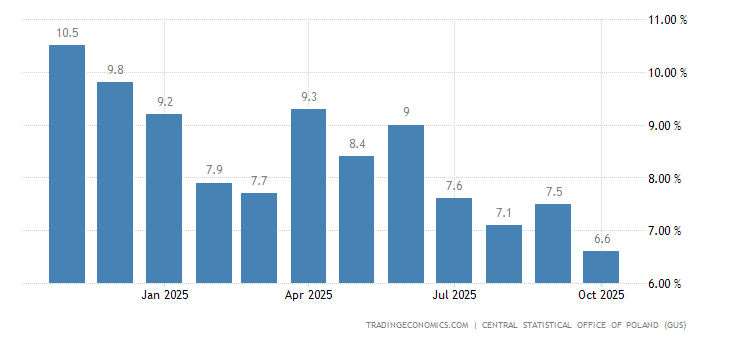“The decline of brands could be devastating for mass-market national media, especially television. Big-store retailers, whether Walmart or Safeway or Best Buy, will see traffic dwindle as more purchases move online and to AI-driven subscription services. [
Moi ici: Ler isto]
.
In short, the consumer experience built on scale over the past century is about to get disassembled and unscaled. T
he advantages of big are waning. In this new era small, focused companies that put the consumer at the center will beat big, mass-market operations most of the time.
...
The great opportunities in the consumer market will revolve around giving every individual exactly what he wants, when he wants it. It reflects the constant theme in unscaling: scaled-up, mass-market products have long made us conform to them, but
unscaled products and services conform to us. They will seem like they are built just for each one of us—customization built with automation.
Over the next decade we’ll see innovators transform one kind of product after another, moving them from mass markets to markets of one. [Moi ici: Recordar
isto]
...
UNBUNDLING THE GIANTS: Consumer product companies from P&G to Nestlé to Samsung were built on the mass market. A hit product was one that appealed to the greatest number of people—one size fits most.
But mass-market products are a compromise for most consumers. They’re not exactly what we might want, but it’s good enough and easily available.
And that leaves an opening for small, new companies that can use technology to create products that hold great appeal for narrow slices of the consumer market—consumers who will feel like that product was created especially for them.
...
And these new companies will have the opportunity to rebundle groups of narrow-market products into the new P&Gs, as we’re seeing with Honest.
These new companies might get big, but they will always be more of a collection of businesses highly focused on serving a particular kind of customer.”
Excerto de: Taneja, Hemant,Maney, Kevin. “Unscaled”






%2006.21.jpeg)












